Obituary: Daniel Ellsberg, whistleblower who exposed US lies on Vietnam War
By Ivan Kesic
Daniel Ellsberg, a legendary American whistleblower who leaked the Pentagon Papers in 1971 that laid bare US deceit and lies about the Vietnam War, died on Friday. He was 92.
Ellsberg was born in Chicago in 1931, attended schools in his hometown and Detroit won a scholarship to Harvard University, and graduated in economics in 1952. For a year he also attended the University of Cambridge in the UK.
In 1954 he enlisted in the US Marine Corps and served as a platoon leader and company commander, mastering out in 1957 as a first lieutenant and returning to Harvard to work on his Ph.D. in economics.
While still a student, in 1958, he began working for the RAND Corporation, a highly influential but controversial American think tank that has shaped US foreign policies for many decades.
From 1959, he became a full-time employee of RAND, where he studied nuclear policy and focused on nuclear command and control as well as the guidance to nuclear war plans.
In the early 1960s, he became a military consultant for the US government, specializing in crises relating to nuclear decision-making.
His first day as a Pentagon employee coincided with the Tonkin Gulf incident which sparked the US bombing of Vietnam.
In 1965, he went to serve in South Vietnam, then with hawkish political views, but returned two years later quite disillusioned with the war and its murkiness.
He resumed working at RAND, contributing to the top-secret study of classified documents relating to the conduct of the Vietnam War.
The Vietnam study covered the period from 1940 to 1968 and consisted of 7,000 pages of historical analysis and original government documents, arranged in 47 volumes. Later, it came to be known as the 'Pentagon Papers.'
Ellsberg's familiarity with these documents, along with his personal experience from the front lines, left him feeling deceived and betrayed. He realized that virtually everything the US government told the public about the war, from its origins to its current conduct, was a big and crude lie.
Feeling morally responsible to stop the deadly war in Vietnam, Ellsberg decided to break his silence and reveal to the American public all the hidden details from his meticulous and thoroughly researched study.
Over a period of several months, he and his RAND colleague Anthony Russo secretly photocopied all of the 7,000 pages of classified documents, initially offering them to US anti-war senators.
With senators' refusal of holding hearings or entering the report in the Congressional Record, Ellsberg released the Pentagon Papers to The New York Times and other major newspapers.
The first story ran atop the NYT's front page on June 13, 1971.
The report disclosed the US support of French attempts to reclaim its colonies in Southeast Asia after World War II, mainly to keep Paris in the alliance against the USSR.
Due to the French failure and withdrawal from Vietnam in 1954, the Americans stepped in to protect Western investments and the puppet government in South Vietnam.
The fact that the US was the key factor in the division of Vietnam, as well as military and intelligence activities in that country before the official entry into the war, was unknown to the average American.
Although US presidents publicly claimed that the goal of the Vietnam War was to secure an "independent, non-Communist South Vietnam," the Pentagon Papers revealed that the aim was actually to contain China.
The public also learned that then-US President Richard Nixon had stepped up bombing campaigns in Vietnam and expanded military operations to neighboring countries, even though he had promised to end the war.
One of the astonishing findings was that US presidents and their administrations were fully aware that they could not defeat the Vietnamese resistance, but they still pushed for the continuation of the war regardless of the outcome.
Ellsberg was charged under the Espionage Act, but the judge dismissed all charges. Until the end of his life, he remained an active critic of US government policies against Iran, Iraq, Russia and China.
Henry Kissinger, President Nixon's national security adviser at the time, privately dubbed him “the most dangerous man in America” for exposing US deception about the Vietnam War.
Last month, in perhaps his last media interview with Politico, he said he would like to see more whistleblowers stopping in his footsteps.
“The need for whistleblowing in my area of so-called national security is that we have a secret foreign policy, which has been very successfully kept secret and essentially mythical,” he said.
“I’m saying there’s never been more need for whistleblowers … There’s always been a need for many more than we have. At the same time, it’s become more and more dangerous to be a whistleblower. There’s little doubt about that.”
Journalist Tucker Carlson says he was detained in occupied territories after interview with US amb.
VIDEO | Is there any hope for Russia-Germany relations?
VIDEO | Israeli land grab policies
Nuclear chief: Israeli infiltration, sabotage drove Iran towards nuclear self-sufficiency
IRGC intel. chief: Enemies devised 7-stage plot for recent riots
Israeli minister calls to 'encourage' Palestinian exodus
VIDEO | Press TV's news headlines
VIDEO | Near breakdown: Generators in Gaza’s main hospitals


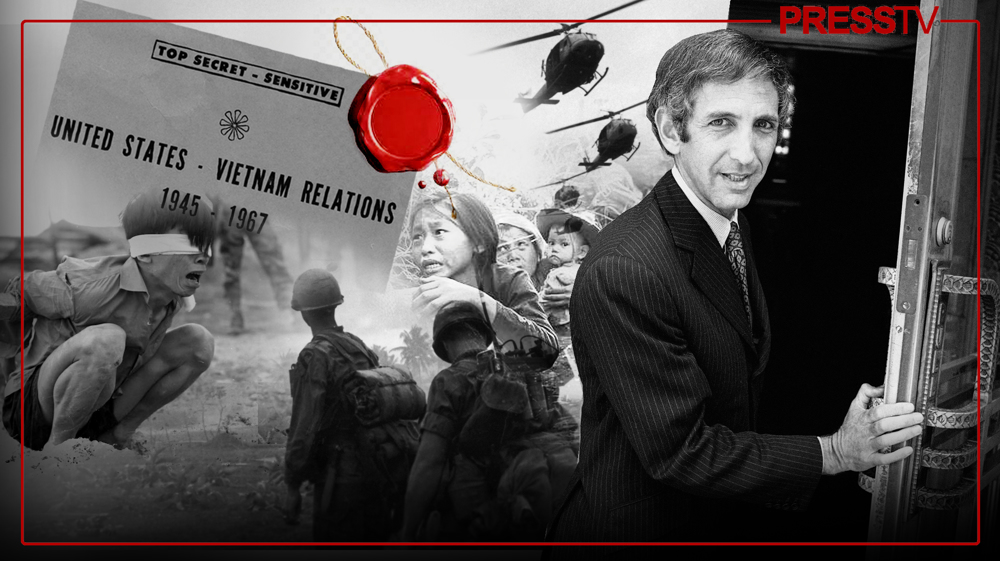
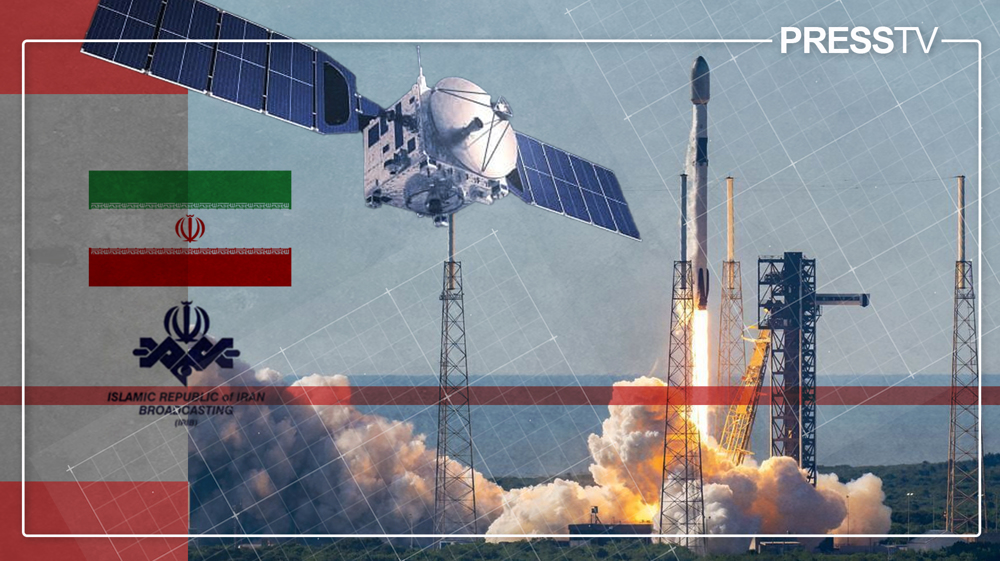
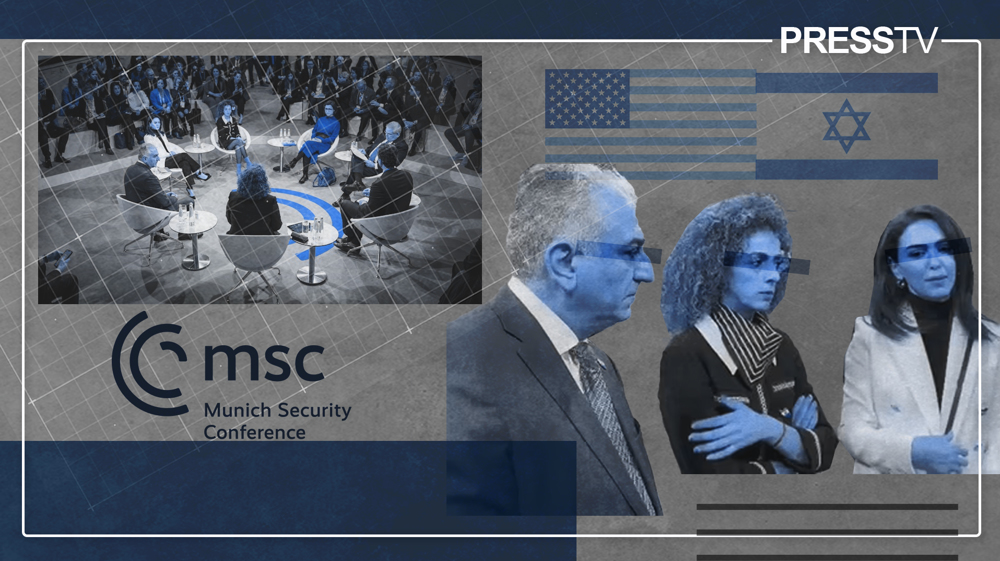
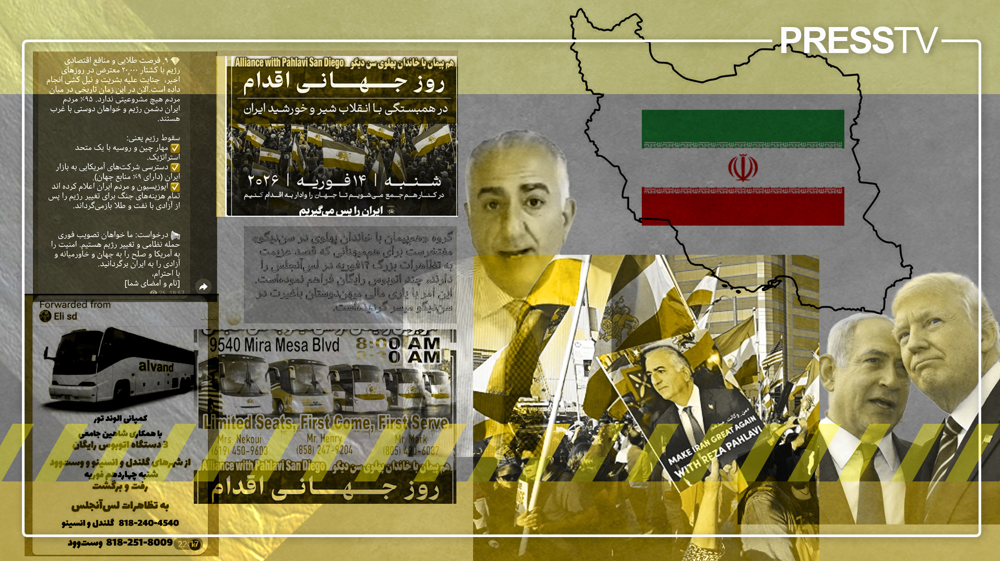



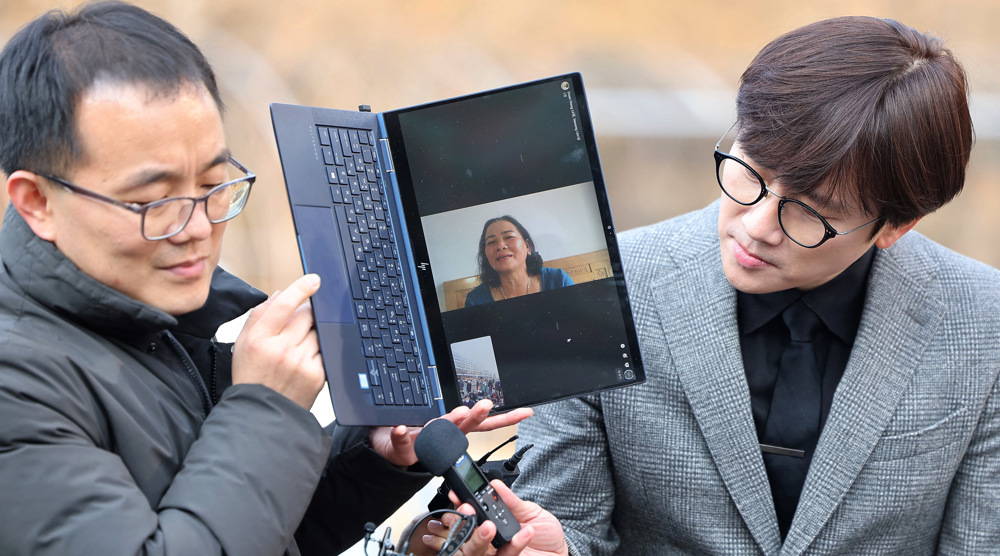
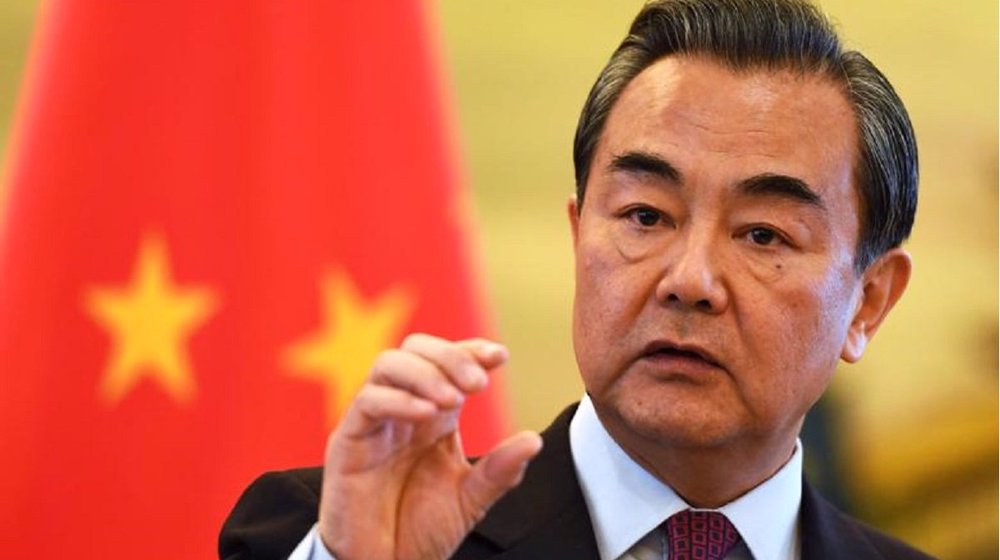
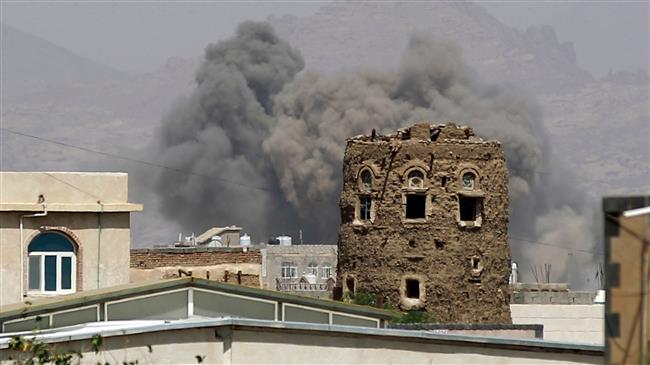
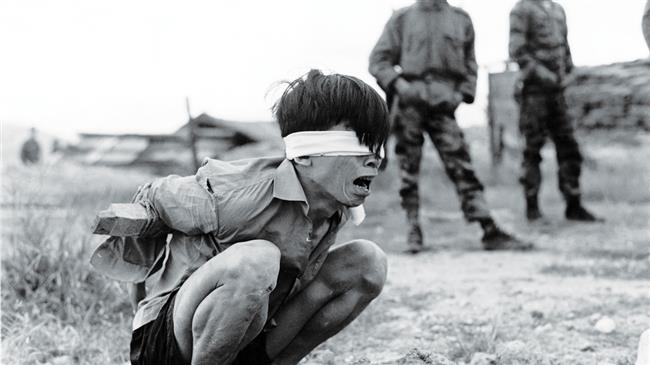
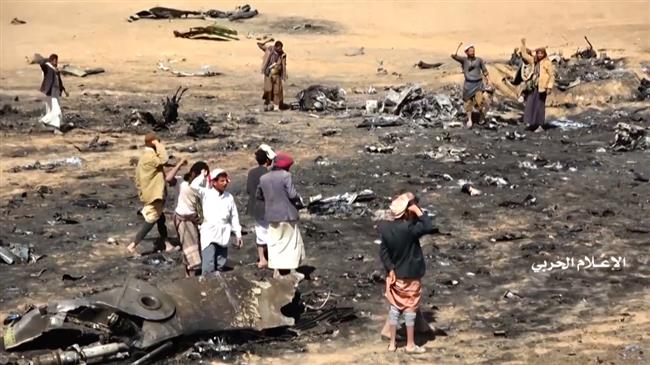

 This makes it easy to access the Press TV website
This makes it easy to access the Press TV website